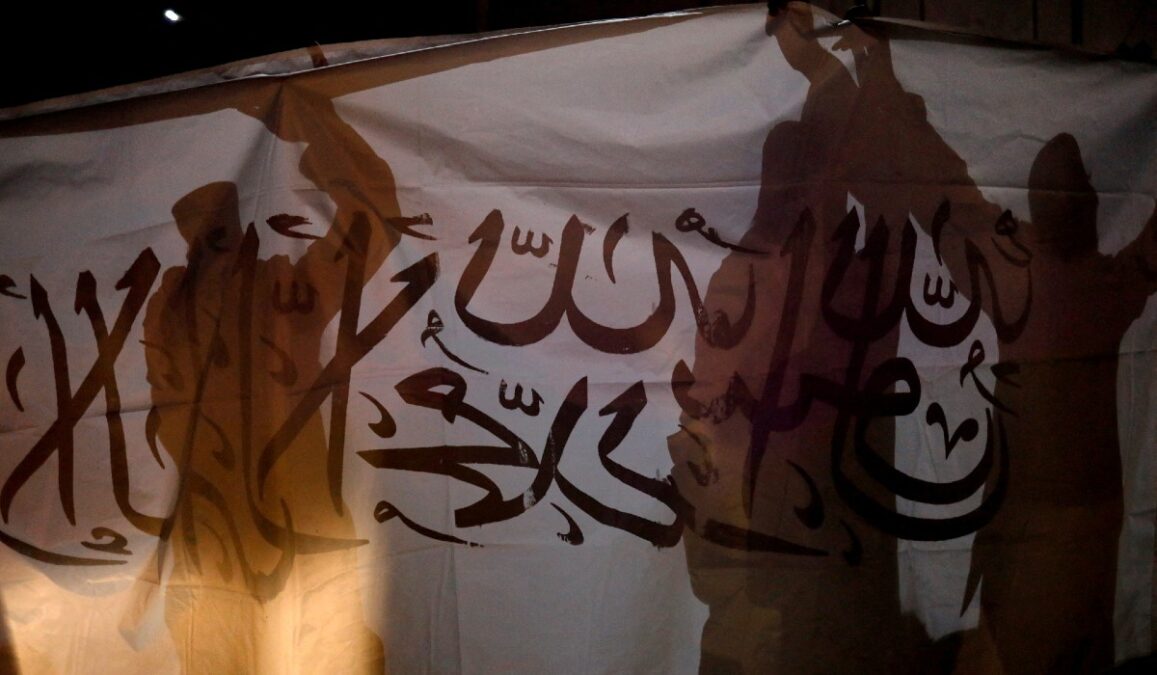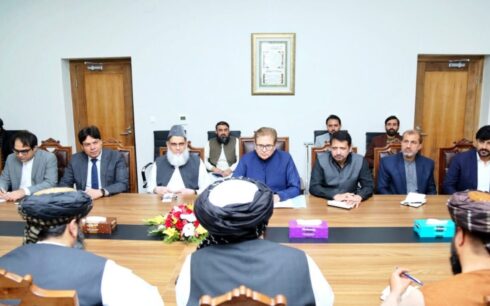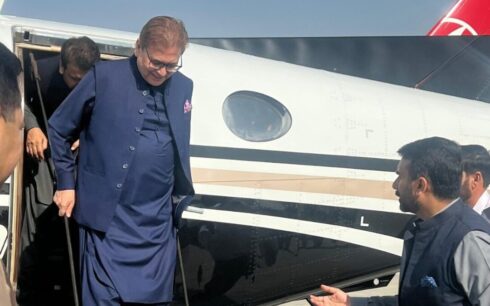In the three years since the Taliban seized control of Afghanistan, not a single non-Taliban individual has been appointed to the cabinet, reflecting a pattern of exclusion and concentration of power within the group’s ranks.
According to findings by Amu, the Taliban leader, Hibatullah Akhundzada, has issued 75 decrees resulting in the appointment or reshuffling of over 365 Taliban officials during this period.
Of the 370 cases reviewed, only 18 involved new appointments, while the remaining were simply transfers of existing Taliban members from one post to another. These findings have sparked concerns among Afghan citizens about the lack of inclusivity and representation in the Taliban’s administration, especially the absence of women.
Afghans have expressed frustration over their exclusion from the political process, lamenting that they have lost the right to determine their political destiny. The Taliban government lacks elected representatives, and citizens are denied meaningful participation in governance. From 2022 to 2024, Akhundzada issued numerous decrees from Kandahar that reshuffled positions within the government, yet the vast majority of these changes were merely internal transfers among Taliban members.
In 2022 alone, Akhundzada appointed or reshuffled more than 140 officials, including ministers, deputies, governors, and police commanders, through 32 decrees—only six of which introduced new appointments. In the solar year of 1402 (March 22, 2023, to March 22, 2024), Akhundzada’s 24 decrees resulted in the appointment of 132 Taliban officials, with only five being new to their roles. Similarly, in the current year of 1403 (2024), 98 Taliban officials have been appointed through 21 decrees, with only seven new appointments.
The exclusion of non-Taliban individuals from significant government positions has raised critical questions about the group’s approach to governance. “The Taliban has entrenched a culture of nepotism and Mullahism in Afghanistan, leaving no room for women or non-Taliban individuals in government,” said Shukria Barakzai, a prominent women’s rights activist.
An analysis of the Taliban’s cabinet reveals a stark lack of diversity:
Women are entirely absent from the Taliban government.
The Taliban’s supreme leader, Hibatullah Akhundzada, and the Chief Minister, Mullah Hassan Akhund, are both Pashtun.
Key political and economic deputies are also Pashtun, while the deputy Chief Minister of administrative affairs is Turkmen.
The Ministries of Industry and Commerce and Economy, as well as the Taliban’s Chief of Army Staff, are held by Tajik members.
Some deputy positions have been allocated to Hazara Taliban members, a minority group within the country.
The lack of inclusivity within the Taliban government has been a recurring concern among Afghan citizens. “Women have been completely removed from both government and social life by the Taliban,” one Kabul resident said. Another added, “Government appointments are made based on personal connections, leaving thousands of educated youths unemployed and forcing them to flee Afghanistan.”
Experts argue that the Taliban’s governance model over the past three years demonstrates a reluctance to embrace meaningful political participation, such as elections or democratic institutions. This approach, they warn, could further isolate Afghanistan on the global stage and deepen its political isolation.





